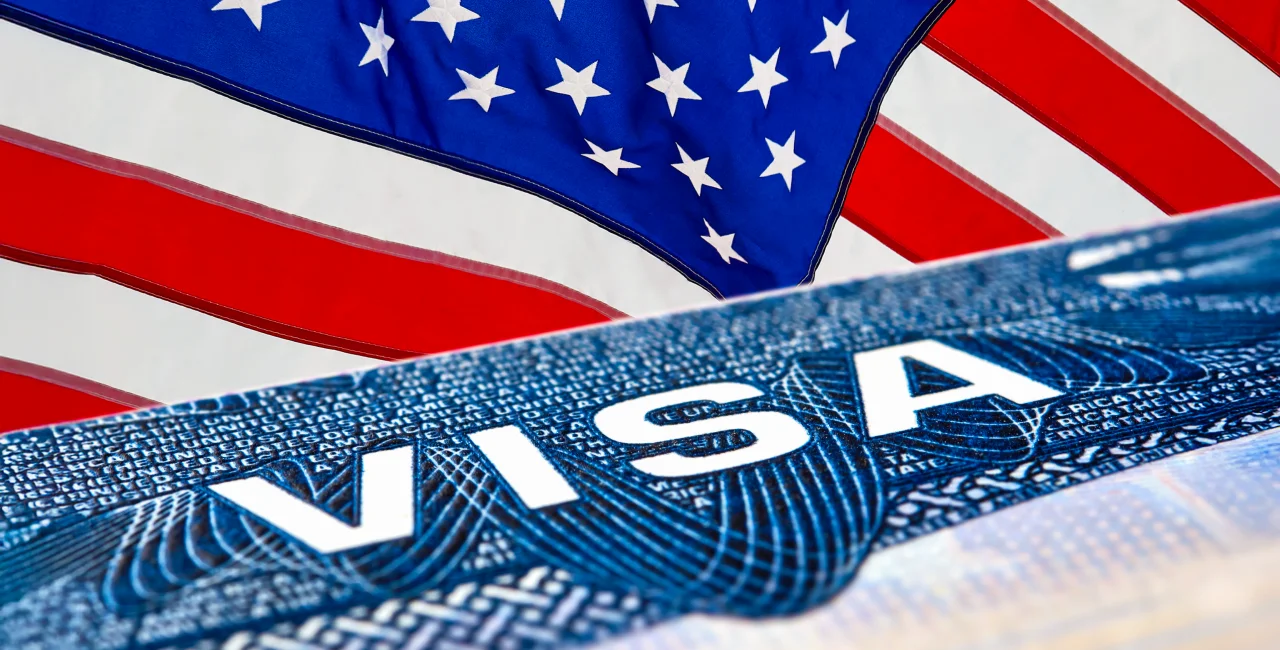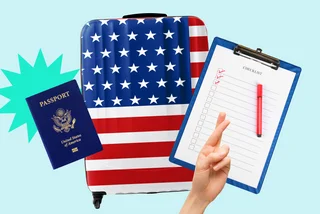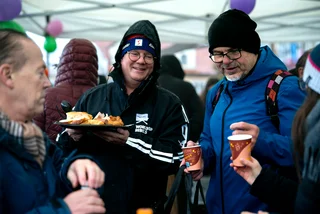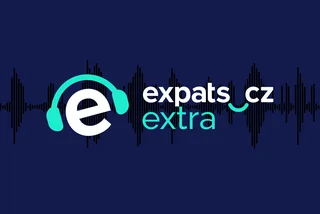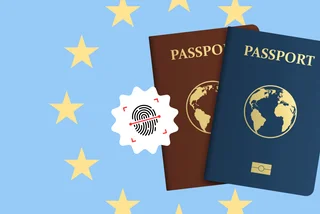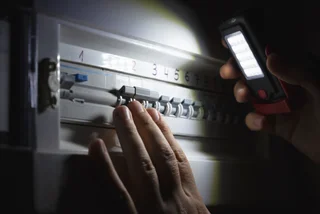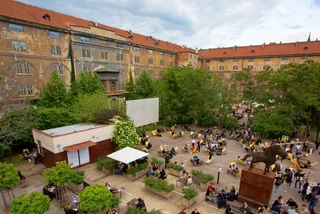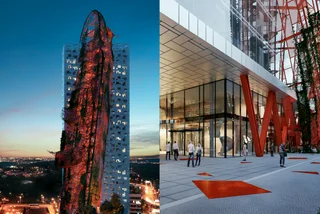Visa applicants from tens of countries worldwide seeking to visit the U.S. short-term will now, in the vast majority of cases, need to attend an in-person interview. The change, effective from today, Sept. 2, applies to visa applicants from 57 countries.
Czech and most Western citizens are not affected, the U.S. Embassy in Prague has confirmed. However, you should prepare for longer administrative wait times when applying for visas, travel arrangements, or other types of documents from the U.S. State Department.
PARTNER ARTICLE
Who’s affected?
The list of countries affected mainly includes non-European and non-Western countries, with the administration of American President Donald Trump targeting developing countries and those from the global South.
Citizens of Bhutan, Cuba, Egypt, Haiti, Iran, Myanmar, Venezuela, and Zimbabwe are among those affected. Indian citizens—of which there is a relatively large proportion in Czechia—are not included in this list, but applicants should prepare for longer wait times at U.S. consulates.
Who's exempt? Who isn't?
Age-based exemptions for children under 14 and adults over 79 will be abolished; they will need to attend an interview, the U.S. administration has confirmed. People from countries unaffected, including Czechia, will be able to visit the U.S. without needing an interview with an ESTA, according to the U.S. Embassy in the Czech Republic.
The ESTA, for which you can apply online, allows stays of up to 90 days for tourism, business, or transit, provided all entry conditions are met.
Applicants who fall under visa categories A-1, A-2, C-3, G-1 through G-4, those applying for diplomatic or official visas, and those renewing a B-1, B-2, B1/B2 visa are exempt from the interview. In all cases, consular officers retain the authority to require an interview.
Expect delays, hold-ups: Start planning early
While ESTA-based travel remains unaffected, Czech and other Western nationals applying for other U.S. visas may face longer wait times and scheduling challenges. Increased demand for in-person interviews could lead to extended processing periods at the Prague consulate, particularly for student, work, or intra-company transfer visas.
Families with minor or elderly dependents may need to adjust plans, and companies coordinating short-term assignments should factor in potential delays. Applicants are advised to monitor appointment availability and allow extra time to avoid disruptions to travel, studies, or employment.
Key impacts for travelers, employers, families
- Likely longer wait times and scheduling challenges.
- Hold-ups and problems for students applying for visas, even for those with a waiver.
- Extended scheduling timelines for dependents and older relatives
- Reduced flexibility for urgent business or academic travel
- Higher risk of disruption to renewals or transfers if applications are delayed
The State Department has acknowledged that the revised policy will likely extend wait times globally. Applicants are encouraged to consult the Global Visa Wait Times website for current processing estimates.
Since Jan. 1 this year, applicants have also been limited to one free reschedule of a non-immigrant interview appointment; additional changes may require paying the visa application fee again.


